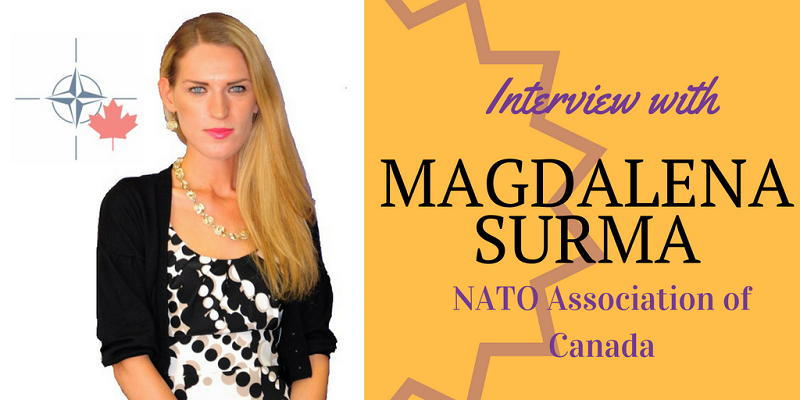On June 19, 2016, Virginia Raggi became both the first female and youngest ever candidate to hold the office as mayor of Rome. The 37-year old civil lawyer represented the Five Star Movement (M5S), an anti-establishment party that won a majority of seats in the recent elections, capturing 18 other mayoralties in the 20 towns and cities where it ran candidates. After initial voting two weeks earlier failed to produce a winning candidate, Raggi won 67 percent of the vote during a run-off election.
She ran on a platform of tackling longstanding issues in Rome, including infrastructure and corruption problems, as well inadequate waste management and public transport programs in the city. Specifically, Raggi has promised to work closely with the national anti-corruption body in order to improve transparency within the municipal government. She has also pledged to reduce public transport delays by increasing the number of buses and trams, creating more reserved lanes for buses and taxis, promoting cycling, and more strictly enforcing laws against double parking. In addition, her platform involved reducing the number of Roma and Sinti people living in camps around Rome through conducting asset surveys.
Raggi is relatively new to politics, having only been elected to the city council in 2013. She entered politics just five years ago, saying that the birth of her son inspired her to improve the city for her child’s sake. As such, she has been seen as unqualified by many politicians. She has been criticized for saying that city’s 2024 Olympic bid is “not a priority”, despite wanting to improve the city’s international image through sport, art and culture. She also has no definitive plans to address Rome’s municipal debt of more than 12 billion euros or the chronic absenteeism among the city’s 60,000-member workforce, other than an audit of finances.
Nonetheless, Raggi won over voters with her innovative ideas for reconciling the city’s problems. Her campaign was also helped by her predecessor’s scandal when Iganzio Marino of the centre-left Democratic Party was ousted over the ‘Mafia Capitale’. The report involved dozens of local businessmen, officials, and politicians working alongside a criminal network to steal public funds. Marino’s predecessor, centre-right Mayor Gianni Alemanno’s term ended in similar disgrace, as he is currently standing trial for corruption.
Raggi’s election may mark the rise of the Five Star Movement as the new party of choice for moderate voters. First founded seven years ago by comedian Beppe Grillo, the M5S denounces existing political and institutional classes, has continuously censured government policies, and has produced bills on items including a euro referendum, universal guaranteed income, environmental sustainability, and free internet access for Italian citizens. The election of a M5S candidate to the capital city’s mayoralty serves as a major stepping stone to challenging Prime Minister Matteo Renzi’s seat in the next elections.
Interestingly, on the same day, 32-year old Chiara Appendino, also from M5S, was elected as mayor of Turin. She is only the city’s third female mayor after Maria Magnani Noya in 1987 and Gioanna Cattaneo Incisa in 1992, and both women were elected on anti-immigrant, anti-European Union platforms.
It’s uncertain whether or not Raggi and Appendino can live up to their campaign promises. For now, however, their victories can be celebrated as political breakthroughs for Italian women, as both are professionally successful public figures and powerful role models. As Raggi said in her victory speech, “For the first time Rome has had a female mayor in an age where equality of opportunity remains a mirage.” As both women work towards enhancing their cities, hopefully greater female representation in politics will soon be an accepted reality.
Photo: Piazza del Campidoglio a Roma (2008), by Radomil via Wikimedia Commons. Licensed under CC BY-SA 3.0.
Disclaimer: Any views or opinions expressed in articles are solely those of the authors and do not necessarily represent the views of the NATO Association of Canada.




